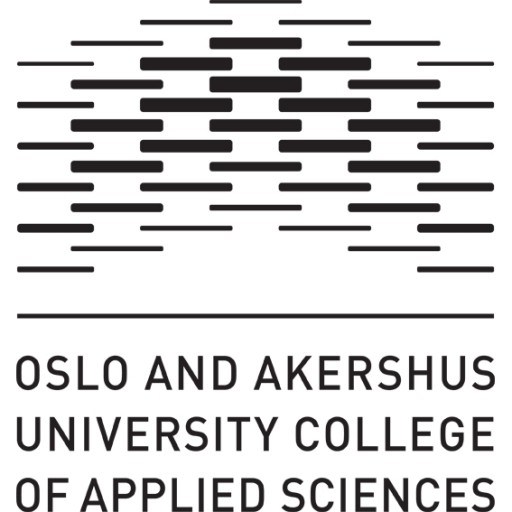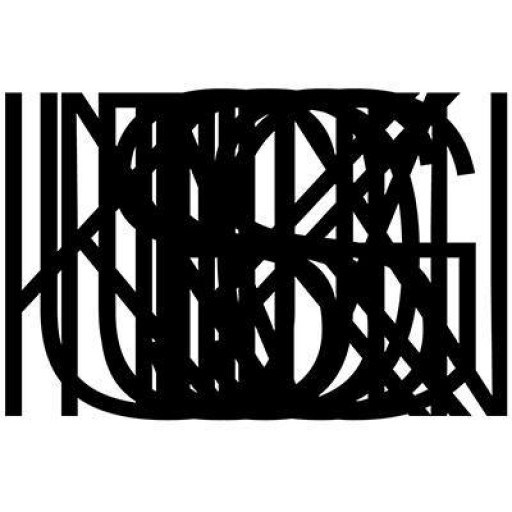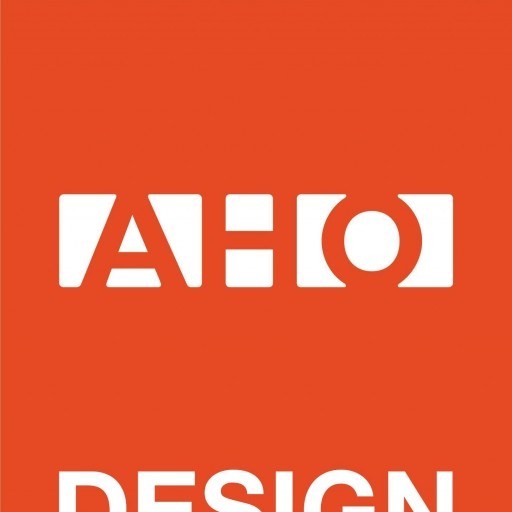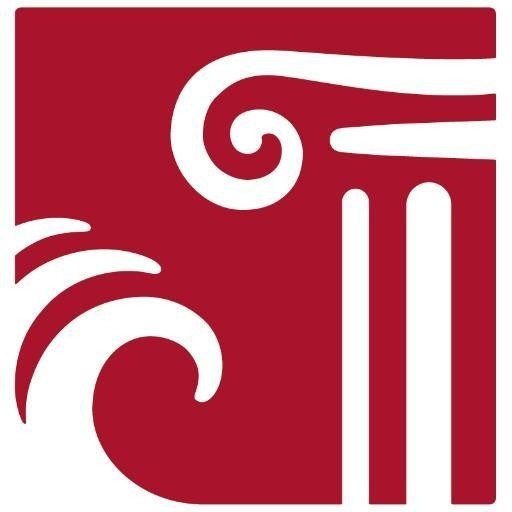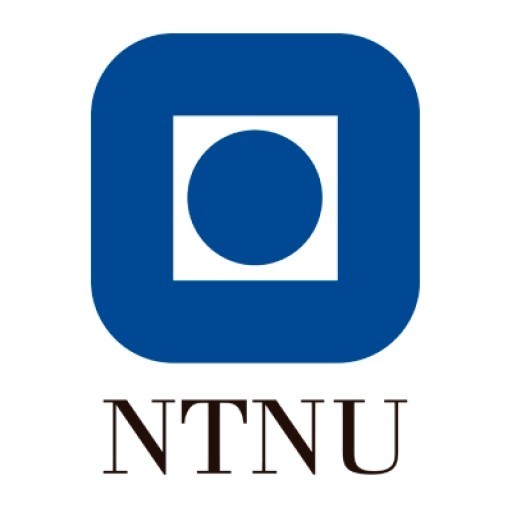Photos of university / #hioa
The Bachelor's degree program in Universal Design of ICT at Oslo and Akershus University College of Applied Sciences offers students an in-depth understanding of designing and developing information and communication technology (ICT) solutions that are accessible, usable, and inclusive for all users. This program emphasizes the importance of creating digital environments that accommodate diverse user needs, including individuals with disabilities, elderly users, and those with varying technological proficiency. Throughout the course of study, students gain comprehensive knowledge of universal design principles, usability testing, assistive technologies, and user-centered design processes. The curriculum combines theoretical frameworks with practical application, enabling students to analyze existing ICT systems, identify accessibility barriers, and develop innovative solutions that promote equal access to information and services. The program also covers relevant legislation and standards related to ICT accessibility on national and international levels, preparing graduates to contribute effectively to the development of inclusive digital environments across various sectors. In addition to technical skills, students develop strong competencies in communication, cooperation, and problem-solving, essential for collaborating with multidisciplinary teams. The program’s goal is to cultivate professionals who can influence the development of ICT products and services that are not only functional but also equitable, fostering social inclusion and digital participation. Graduates will be well-equipped for careers in UI/UX design, accessibility consultancy, ICT development, and related fields, where they can have a meaningful impact on creating more inclusive digital spaces for everyone.
The Master’s program in Universal Design of ICT at Oslo and Akershus University College of Applied Sciences offers an in-depth exploration of designing and developing information and communication technologies that are accessible, user-friendly, and inclusive for all users, regardless of their abilities or disabilities. The curriculum combines theoretical frameworks with practical skills, ensuring that students are equipped to create innovative digital solutions that meet the diverse needs of users in various contexts. Throughout the program, students will study principles of universal design, usability, and accessibility, gaining a comprehensive understanding of how to develop accessible interfaces, websites, and digital services that comply with international standards and regulations. The program emphasizes multidisciplinary collaboration, combining insights from ergonomics, psychology, design, engineering, and information technology to foster a holistic approach to inclusive ICT development. Students will engage in project work, research, and real-world case studies to apply their knowledge in practical settings, preparing them for careers as accessibility consultants, usability experts, interface designers, and ICT developers who prioritize inclusivity. The program also addresses current challenges in digital accessibility, such as accommodating users with disabilities, elderly populations, and users with diverse cognitive and physical abilities. Graduates will be equipped with skills to influence ICT development policies and practices, advocate for accessibility in organizational contexts, and contribute to the creation of universally designed digital environments. Furthermore, the program promotes critical thinking about the social, legal, and ethical aspects of accessibility, ensuring that students are aware of their responsibility to promote inclusive digital solutions. With a strong focus on research and innovation, students will have opportunities to participate in cutting-edge projects related to universal design, participate in international collaborations, and contribute to advancing the field of accessible ICT. This program prepares graduates to lead the way in designing a more inclusive digital world, ensuring that technology serves everyone effectively and equitably.
Financing studies for the Master’s degree program in Universal Design of ICT at Oslo and Akershus University College of Applied Sciences are designed to accommodate a diverse range of students, including Norwegian, European, and international students. Tuition fees vary depending on the student's nationality; Norwegian and EU/EEA students typically pay no tuition fee, as the program is subsidized by government funding aimed at promoting accessibility and inclusive design education. However, non-EU/EEA students are usually required to pay tuition fees, which are structured annually and cover the costs of instruction, course materials, access to university facilities, and other academic resources.
Students are encouraged to explore various financial aid options available through Norwegian government grants, scholarships, and student loan schemes. The Norwegian State Educational Loan Fund (Lånekassen) offers financial support to students enrolled in recognized degree programs, provided they meet specific eligibility criteria. This support normally includes a combination of grants and loans, which can substantially lower the financial burden of studies. Additionally, international students may have access to scholarships specifically targeted at students from certain countries or regions; these scholarships are often competitive and require a separate application process.
The university also provides guidance and support to prospective students regarding funding opportunities, including information seminars, application workshops, and counseling services. Students are advised to start planning their financing early, exploring both internal and external sources of funding, and to ensure that they meet all deadlines for scholarship applications and loan applications. Furthermore, students should consider additional funding sources such as private scholarships, sponsorships, or part-time employment, which can help mitigate living expenses and related costs during their studies.
Living expenses in Oslo, including accommodation, food, transportation, and insurance, should also be factored into the overall financial planning. Oslo has a relatively high cost of living, and students are advised to budget accordingly. The university’s international office and student services provide practical advice on managing finances, finding affordable housing options, and accessing discounts available to students.
In summary, financing the Master’s program in Universal Design of ICT involves a combination of government grants and loans, internal scholarships, external sponsorships, and personal funding. Prospective students are encouraged to thoroughly research all available financial aid options well in advance of enrollment to ensure they can comfortably cover both tuition fees and living expenses throughout their studies.
The Universal Design of ICT program at Oslo and Akershus University College of Applied Sciences (now Oslo Metropolitan University) focuses on creating information and communication technology solutions that are accessible and usable by all individuals, regardless of their abilities or disabilities. This master's program aims to equip students with a comprehensive understanding of universal design principles in the context of information and communication technology, emphasizing inclusion, usability, and accessibility. The curriculum integrates technical knowledge with social and ergonomic considerations, preparing graduates to develop innovative ICT solutions that meet diverse user needs. Students learn about accessibility standards, user-centered design, assistive technologies, and legal frameworks related to accessibility and universal design. The program also emphasizes practical skills through projects and collaboration with industry partners, ensuring that graduates are well-prepared to implement inclusive ICT solutions in various sectors, including public services, private enterprises, and governmental organizations. The program's multidisciplinary approach combines engineering, design, psychology, and law to provide a well-rounded perspective on universal design challenges and opportunities. Graduates of this program are expected to work in roles related to user experience design, accessibility consulting, ICT development, and inclusive technology research, contributing to making digital environments equitable for all users. The program often involves research components and encourages students to engage in inquiry-based learning and innovation, fostering a mindset geared towards continuous improvement in the accessibility field. Overall, the Universal Design of ICT at OsloMet is designed to produce professionals capable of advancing inclusive digital development, ensuring that technological advancements benefit everyone equally.
